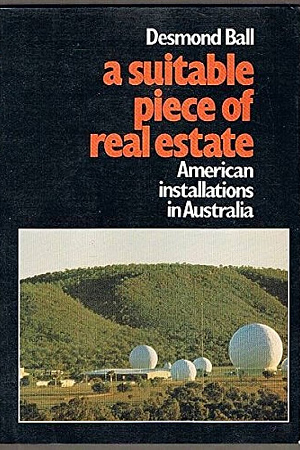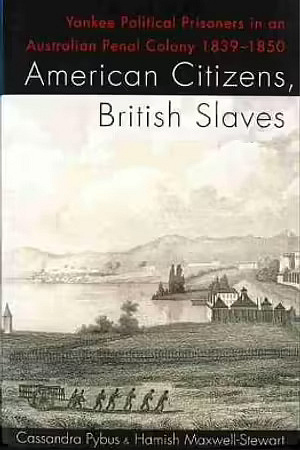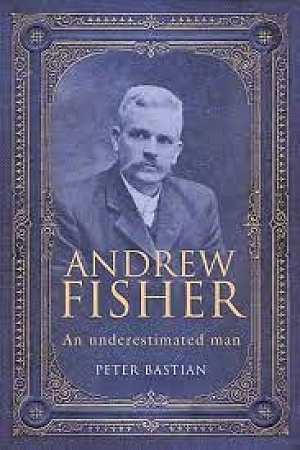Australian Historical Studies: Volume 37, Number 127
MUP, $65 (two issues p.a) pb, 273 pp,
Australian Historical Studies: Volume 37, Number 128
MUP, $65 pb, 172 pp
Goodies and baddies
‘Nothing bad has ever happened in the last 218 years of European settlement – and if anything ever did, it has been inflated out of all proportion by self-serving lefty academics.’ The perpetually angry right-wing commentators that dominate the so-called ‘history wars’ would never write anything so crass, but that is the message which appears to permeate the ‘three cheers’ school of Australian history supported by the present neo-liberal establishment. In contrast, recent contributors to Australian Historical Studies (AHS) provide a more nuanced version of Australian history that transcends pointless debates about the ‘goodies’ and ‘baddies’ of the past. In general, the essayists seek to understand past realities rather than to pass judgment on historical actors and their eras. Race is one of the strongest themes in both issues of AHS. David Walker’s ‘Strange Reading’ (No. 128) is a well-written assessment of Keith Windschuttle’s The White Australia Policy (2004). Walker shows that by ignoring key evidence and through selected use of edited historical quotations, Windschuttle has constructed a bogus Australian past in which racist attitudes towards Asia represented a minimal part of the national story. Gillian Cowlishaw (No. 127) also tackles the history wars and the construction of national myths. Cowlishaw stresses the importance of creating Aboriginal history that reflects the personalities and values of the participants: ‘Indigenous Australians remain shadows in the scholar’s margins, passive recipients of “our” actions in the past and “our” regrets in the present.’ This problem can be hard to rectify, because the public record has a tendency to focus on European attempts to ‘manage’ the indigenous ‘issue’; the perceptions of indigenous people regarding cultural change and continuities are not always sufficiently documented, even in recent times.
Continue reading for only $10 per month. Subscribe and gain full access to Australian Book Review. Already a subscriber? Sign in. If you need assistance, feel free to contact us.










Leave a comment
If you are an ABR subscriber, you will need to sign in to post a comment.
If you have forgotten your sign in details, or if you receive an error message when trying to submit your comment, please email your comment (and the name of the article to which it relates) to ABR Comments. We will review your comment and, subject to approval, we will post it under your name.
Please note that all comments must be approved by ABR and comply with our Terms & Conditions.